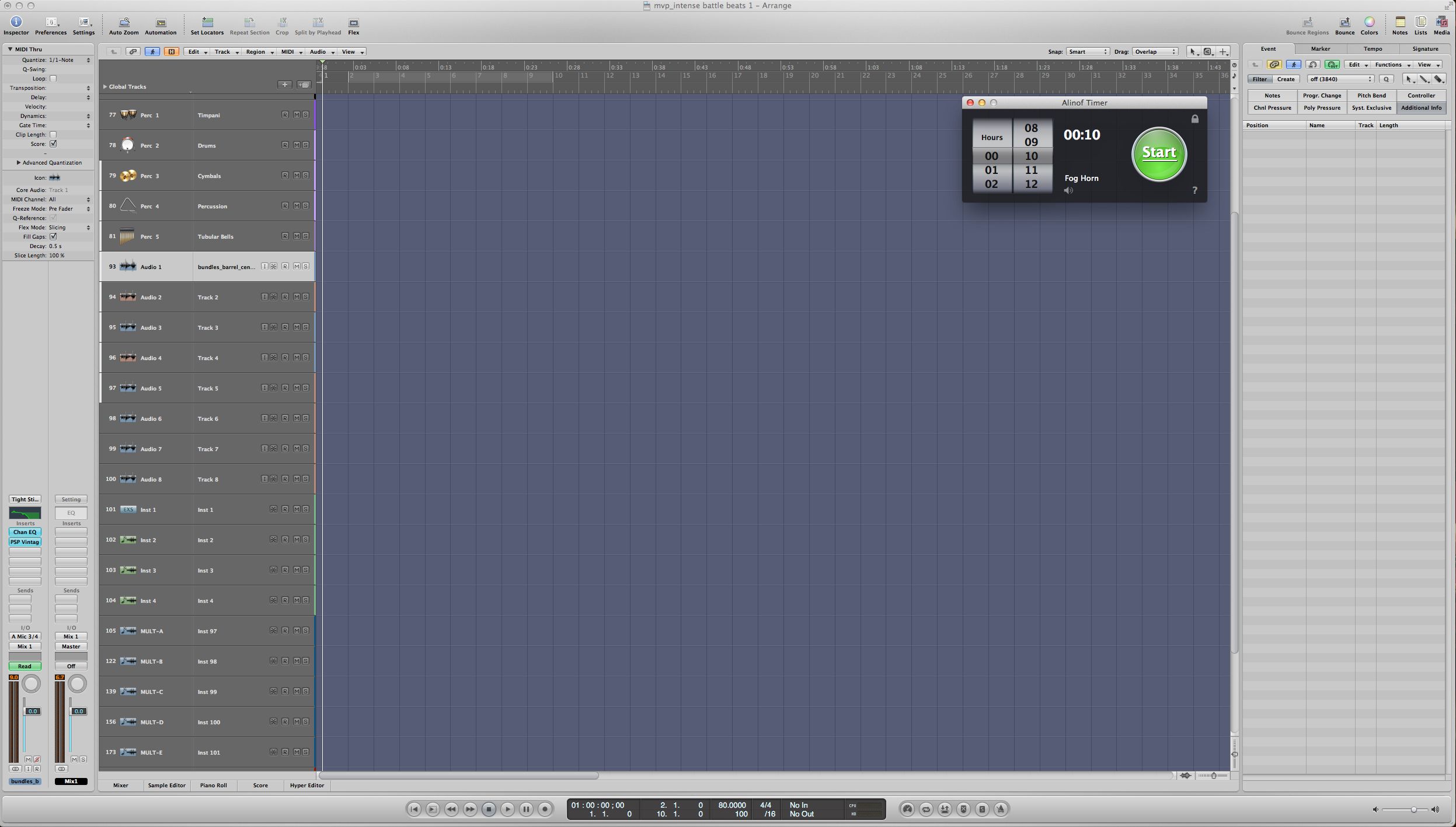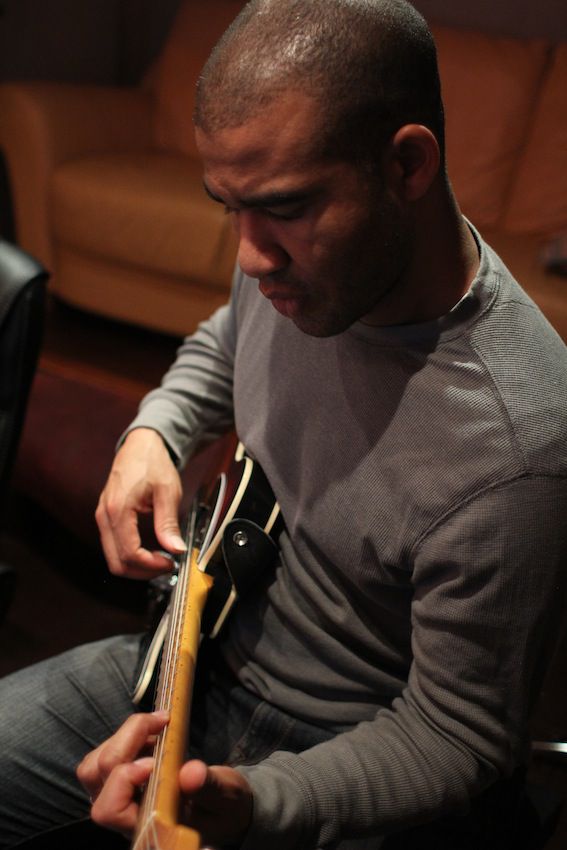A few weeks ago, while driving in the car with my wife, she caught me smiling seemingly for no reason at all and asked, “What?” She says so many things with so few words. I simply replied, “I love writer's block.” To which she responded, “Why?” Again, in that one word I knew that she was really asking, “so you like staring at your computer in a complete stupor of thought for who knows how long and not getting your work done and therefore not getting paid?” Yes, I mean no, not exactly anyways. What I like is that with each new commission I'm presented with a blank page. And blank it remains, sometimes for days, until simple musical ideas begin to struggle into existence like baby chickens breaking through their shells. Eventually from one of those ideas emerges the clear choice. Then I send that idea through a number of timbre, tempo, solo and chordal treatments until what I hear resonates with me as the essence of the idea. Eventually the path to completing a composition becomes clear and I'm able to refine the musical idea into a fully formed musical work. I love writer's block because it's part of the journey. And without it, the payoff of completion would not be as meaningful or rewarding.
However, if writer's block were a perpetual mental trap from which no ideas ever emerged and I really never finished my work… well I probably wouldn't love it then. And to make sure that doesn't happen, there are a few practices I employ to make sure that writer's block is simply one stage in the process of creating music and not the only one. Some of the ideas may seam silly, but they work.
The 10 Minute Composition
For melodic-based compositions, piano is usually a good place for me to start. For ethereal or rhythmic based compositions, I'll usually start with a live drum or a computer-based synth.
This is an idea that I talk about frequently, so it's not unlikely that I've mentioned it before in other articles and will mention it again. But usually when a client comes to you for music, they have a deadline in mind. And believe it or not, the further out that deadline is, the harder it can be sometimes to feel any inspiration regarding the music. If you're like me, I have this voice telling me that “I've got time.” It's funny how quickly deadlines can sneak up on you. And while a deadline may inspire you to get something done, it's really not a good idea to count on it when the real deadline is upon you. So give yourself a shorter time frame… much shorter. What can you compose in the next 10 minutes? And then the next 10 minutes after that? And so forth. It's amazing what the mind can come up with when it feels some level of pressure. And because deeper in your mind you know that whatever you come up with doesn't have to be your final delivery, there is a feeling of easiness that comes with it. Do this for 2 hours without stopping and you'll have 12 compositions. Even if they're horrible, at the very least this little exercise might clean out the mental block that has you at a standstill. But the law of numbers suggests that at least a few good ideas will come from it. And from there you can develop the ideas into a masterpiece, or at least something you're proud to deliver to your client.
Improvisation
Amongst other things, I'm a jazz musician. For many years I made a living making music on the spot in front of people. It doesn't make a whole lot of sense to me how I can do that and yet sit in front of my computer for minutes, hours or sometimes days on end and feel entirely helpless to come with anything that I like. It's as if I've forgotten my improvisational skills. So on occasion I remind myself of the jazz side of my life and I role play. Sitting in front of Logic Pro with all samples loaded and ready to fire, I start soloing. Or if it takes to much time to solo with my DAW, I'll pick up an instrument and go to town. This almost always works.
Visual Approach
Being a video game composer, my clients often deliver me artwork of what the game will look like long before the game is coded to help kickstart my creative juices. In addition to the aforementioned practices, I look at the art and I ask questions about it: Is it busy? Is it dark? Is it happy? Is it sad? Is it scary? What colors do I see? Are there trees, monsters, spaceships, etc.? Is it under water or in the sky? Can I see pencil marks or paint strokes? And how do all those things translate in a meaningful way into music? Perhaps you can create a key wherein you assign certain colors or shapes to certain chord quality (e.g. major, minor, diminished, etc.) or scales. I don't allow this to be the guiding force in my work as it can compromise true creativity. However, in doing this exercise all sorts of happy accidents can occur that may inspire true creativity. This is not only a great way of overcoming writers block, but obviously a very important element in the creative process. Assuming you can take what you see and translate it into good music your final delivery will be uniquely tailored to the visuals for which you are composing.
There are many ways to break out from a state of writer's block and navigate toward a finished product. I've found that the situation will dictate which method works best at a given time. But most importantly, I've found that allowing writer's block to frustrate me only prolongs its control over me. It becomes my master. So I've learned to love it and see it from a “glass half full” perspective. I see it as my mind's own way of clearing out all past creations to make way for something completely new to form.





 © 2024 Ask.Audio
A NonLinear Educating Company
© 2024 Ask.Audio
A NonLinear Educating Company
Discussion
Want to join the discussion?
Create an account or login to get started!